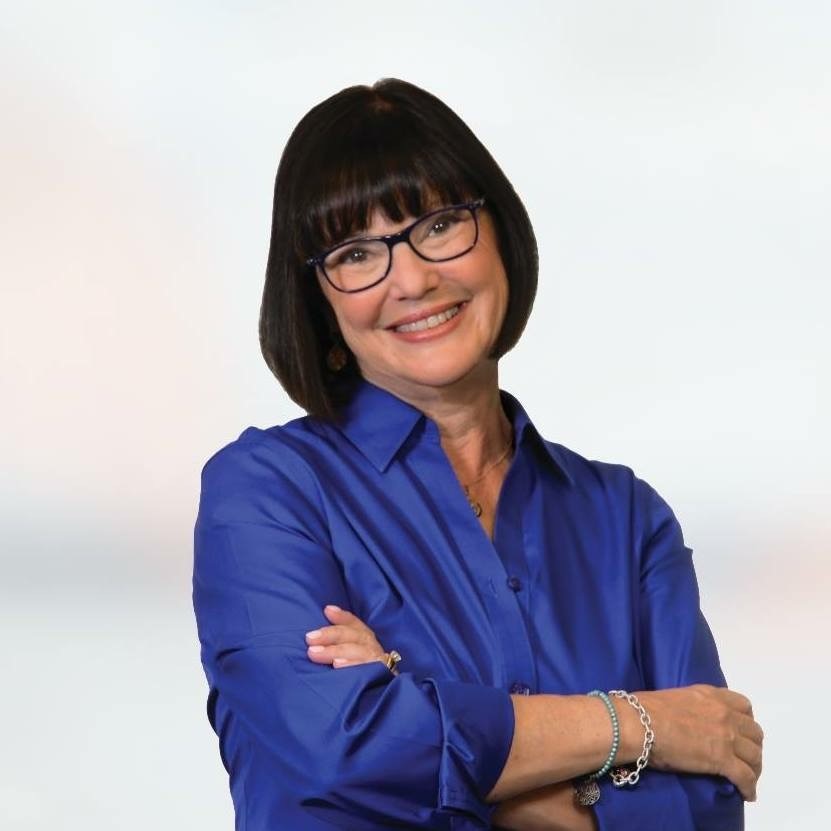Federation, Others Planning for COVID-19 Financial Stress
An enormous emergency fund is planned as a bulwark against the financial stress the Jewish community is likely to experience.
Dave Schechter is a veteran journalist whose career includes writing and producing reports from Israel and elsewhere in the Middle East.

The layoff and furlough of more than half the staff at the Marcus Jewish Community Center of Atlanta is evidence of how individuals and communal organizations are feeling financial pain caused by the COVID-19 coronavirus.
The extent of the eventual damage to what the Jewish Federation of Greater Atlanta calls the “ecosystem” of Jewish life will depend on how long the public health crisis continues, but the agency is planning as if it will be severe.
Meanwhile, the strength of the community’s safety net already is being tested.
As of March 31, the Federation’s COVID-19 Emergency Fund had raised more than $1.94 million from 148 donors, all but several thousand dollars coming from large donors and through donor-advised funds. Smaller donations can be made on the Federation’s website. The money raised thus far becomes the starting point for what could grow to an eight-digit fund the longer COVID-19 threatens the health and welfare of the community.
The Tier 1 priority of the Federation’s emergency fund will be addressing the needs of individuals and vulnerable populations. Three agencies key to that effort will be AgeWell (which received an immediate infusion through the Atlanta Jewish Community Foundation), Jewish HomeLife, and Jewish Family & Career Services.

“Our Tier 2 funding will be focused on maintaining the stability of our Jewish ecosystem and the impacts of revenue loss and increased expenses as we anticipate longer-term impacts on many of our organizations that don’t have significant reserves to weather a disruption of this nature,” said Renee Kutner, Federation’s senior vice president of marketing and leadership development.
At JF&CS, “We’re seeing increased demand across all sectors,” said Executive Director Terri Bonoff, citing calls about mental health and family issues, job counseling and career planning, as well as emergency financial grants. The agency “has more pressure on it than ever before,” she said. “We have transitioned to providing our services virtually and are working harder than ever to serve our clients.”
Demand for financial assistance is doubling week-to-week and “we expect it to exponentially increase,” Bonoff said. “Last week was double the week before. We’ve gone through money at a rate we haven’t experienced.”
Where JF&CS might have provided $400,000 in emergency grants in a year, the need in the coming year could be for upwards of $5 million, Bonoff said. Where the average grant was $200, last week it was $3,000 to $4,000.
Last week the staff of the JF&CS food pantry packed bags to feed 40 families, a marked increase from the week before. “Now there is a much broader public need,” as COVID-19 requires revising protocols for receiving, storing and delivering food, she said

“Parents having to juggle working in the house with their kids home, that is putting a tremendous strain on family,” both in terms of parenting small children and teens, for which JF&CS has created virtual parenting groups, Bonoff said.
For young adults leaving college, looking for jobs at a time of large layoffs throughout various sectors of the economy, JF&CS plans a virtual workshop with help on resumes and using online services.
JF&CS’s annual budget of $15 million is “not adequate to meet the increased demand,” Bonoff said. The agency has 200 full-time and part-time staff and may need to hire additional staff to meet the increasing need for clinical services. Although the agency can meet expenses for current services and keep payroll on track, “If we’re going to meet the dynamic needs of the community, we need an inflow of money.”
Bonoff has been buoyed in recent days by donations of $20,000 and $7,500 in response to COVID-19 and a donation of $100,000 not long before the crisis began.
Beyond the possible $5 million to meet increased demand for emergency grants, JF&CS might need an additional $1 million to fully meet the community’s needs, Bonoff said. She added that still to be determined are the benefits that will be available through the massive federal COVID-19 financial relief bill passed by Congress and signed by President Donald Trump.
Even as the Federation, JF&CS, and other agencies sound a call for financial help, Bonoff worries about the future. “People are generous now because of the gravity of it, … but you wonder, if this is prolonged” will the resources be there to sustain the assistance, she said.
Kutner said that the need to raise as-yet untold millions of dollars for the COVID-19 emergency fund could impact the Federation’s ongoing plan to raise $20 million in 2020 in its general fundraising campaign, though “We are quite well along” in that effort.



comments